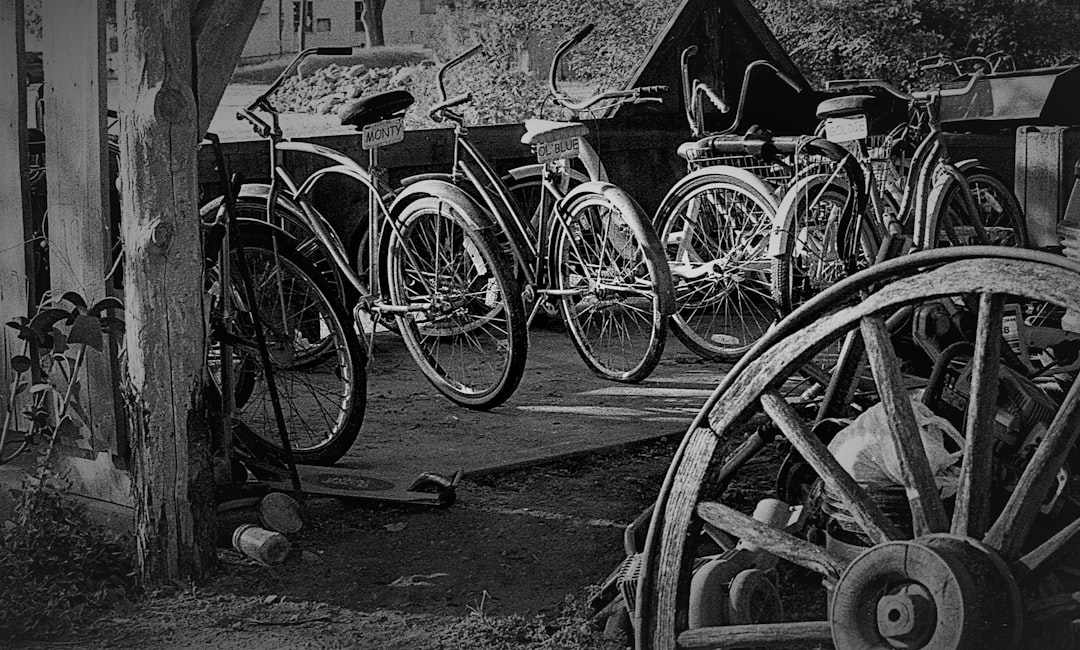Missouri's stringent child abuse laws protect children under 18 from mistreatment, neglect, and exploitation, with harsh penalties for offenders. Child abuse law firms in Missouri specialize in navigating these complex legal matters, offering crucial support to survivors and their families. They guide accused individuals and educate communities on housing restrictions aimed at preventing further abuse, especially in high-risk neighborhoods. However, current restrictions have gaps that put vulnerable communities at risk, highlighting the need for stricter oversight and uniform application of laws. Specialized firms empower survivors, hold perpetrators accountable, and advocate for rights through legal representation, guidance, and emotional support.
In Missouri, understanding housing restrictions for child abuse offenders is crucial. This article delves into the state’s stringent laws targeting child abusers and their impact on recidivism. We explore who qualifies as a child abuse offender, mapping out permitted and restricted living options. Challenges and loopholes in the current system are scrutinized, highlighting the significance of a specialized child abuse law firm in Missouri for advocacy and support.
Understanding Missouri's Laws on Child Abuse and Their Impact

In Missouri, child abuse laws are designed to protect vulnerable children and hold perpetrators accountable. The state has stringent regulations in place to address various forms of child maltreatment, including physical, emotional, and sexual abuse. A child abuse law firm in Missouri often assists families affected by these tragic incidents. These laws not only define what constitutes child abuse but also outline the consequences for offenders, which can include imprisonment and registration as a sex offender.
The impact of these laws is significant, as they ensure that those who harm children are held responsible and cannot easily relocate to avoid justice. This helps in creating safer communities, especially for high-risk neighborhoods with a history of child abuse cases. Understanding the intricacies of Missouri’s child abuse laws is crucial for both victims seeking justice and professionals working towards preventing future instances of abuse.
Who Qualifies as a Child Abuse Offender?

In Missouri, a child abuse offender is defined by state laws as anyone who has been convicted or found guilty of certain offenses involving the mistreatment, neglect, or exploitation of children under 18 years old. This includes a wide range of crimes such as sexual assault, physical abuse, emotional maltreatment, and neglectful actions that cause significant harm to a child’s well-being. The child abuse law firm in Missouri plays a crucial role in navigating these complex legal matters.
The qualifications for being labeled as a child abuse offender can vary based on the severity of the crime and local interpretations of the law. Offenders may face strict housing restrictions, including limits on where they can live and specific requirements for re-entry into communities with children present. These restrictions aim to protect vulnerable kids and ensure that convicted abusers do not pose further risks to their safety.
Housing Restrictions: Where Can These Offenders Live?

In Missouri, housing restrictions play a significant role in protecting vulnerable communities from child abuse offenders. According to the state’s child abuse laws, convicted abusers are subject to specific rules regarding where they can reside to ensure public safety. These restrictions often include prohibitions against living near schools, daycares, and other areas frequently frequented by children.
A child abuse law firm in Missouri may assist individuals who have been wrongly accused or those seeking guidance on navigating these restrictions. The laws are designed to create a safe environment for children while also offering second chances to offenders who have completed their sentences and shown rehabilitation. However, the specific rules vary based on the severity of the offense and local ordinances, making it crucial to consult with legal experts for accurate information.
Challenges and Loopholes in the Current System

The current housing restrictions for child abuse offenders in Missouri face several challenges and loopholes, posing significant risks to vulnerable communities. Despite laws designed to protect families and keep offenders away from potential victims, there are gaps in enforcement that allow individuals with a history of child abuse to move into close proximity to schools, playgrounds, and residential areas where children gather. These loopholes often arise from complex legal interpretations and varying local implementations of the state’s child abuse laws, creating an inconsistent safety net across Missouri.
A child abuse law firm in Missouri may highlight these issues, emphasizing the need for stricter oversight and more uniform application of housing restrictions. For instance, some offenders might use legal technicalities to bypass mandatory registration requirements or evade no-spend zones around schools, placing children at unnecessary risk. Addressing these challenges requires ongoing legislative efforts and increased public awareness to ensure that housing policies effectively protect Missouri’s youth from potential harm.
The Role of a Child Abuse Law Firm in Missouri

In Missouri, the fight against child abuse and exploitation involves a complex interplay between legal advocacy and community safety measures. Here, a dedicated child abuse law firm plays a pivotal role in holding perpetrators accountable and protecting vulnerable children. These specialized legal firms possess extensive knowledge of Missouri’s child abuse laws and work tirelessly to ensure justice for victims.
A child abuse law firm in Missouri assists survivors and their families by providing legal representation, guiding them through the complexities of the justice system, and advocating for their rights. They offer expert advice on matters such as restraining orders, custody arrangements, and civil lawsuits against abusers. By combining legal expertise with a deep understanding of the emotional trauma associated with child abuse, these firms empower survivors to take control of their healing journey while ensuring that perpetrators face the consequences of their actions.






